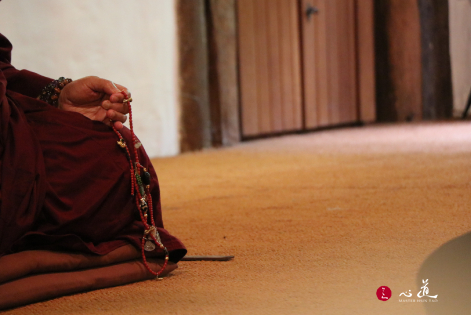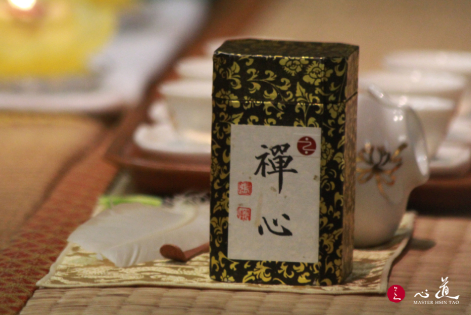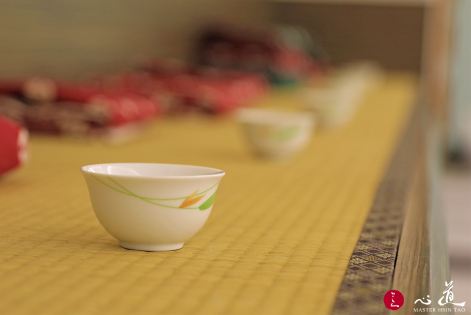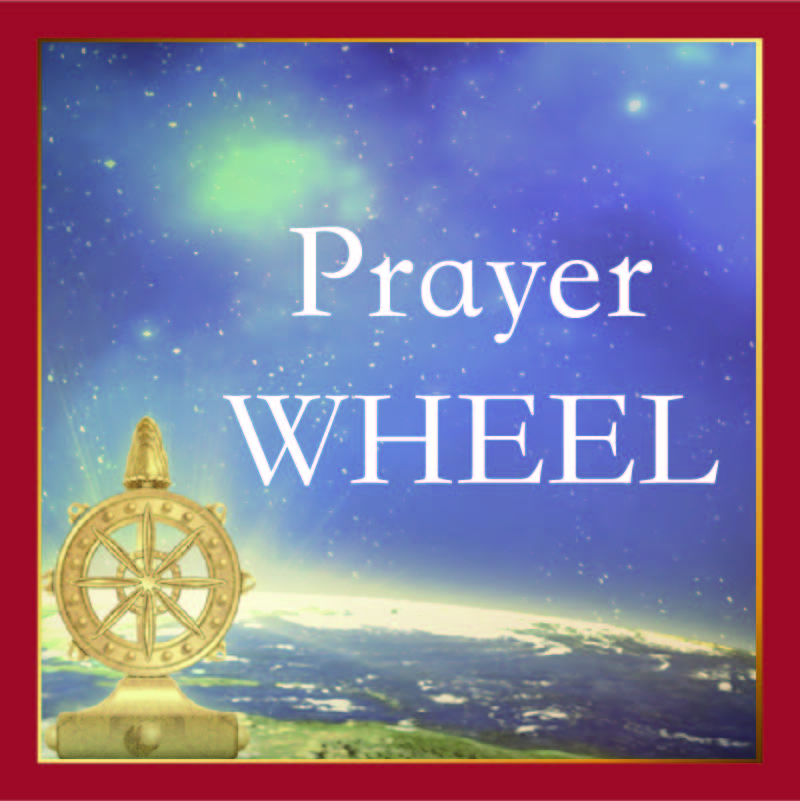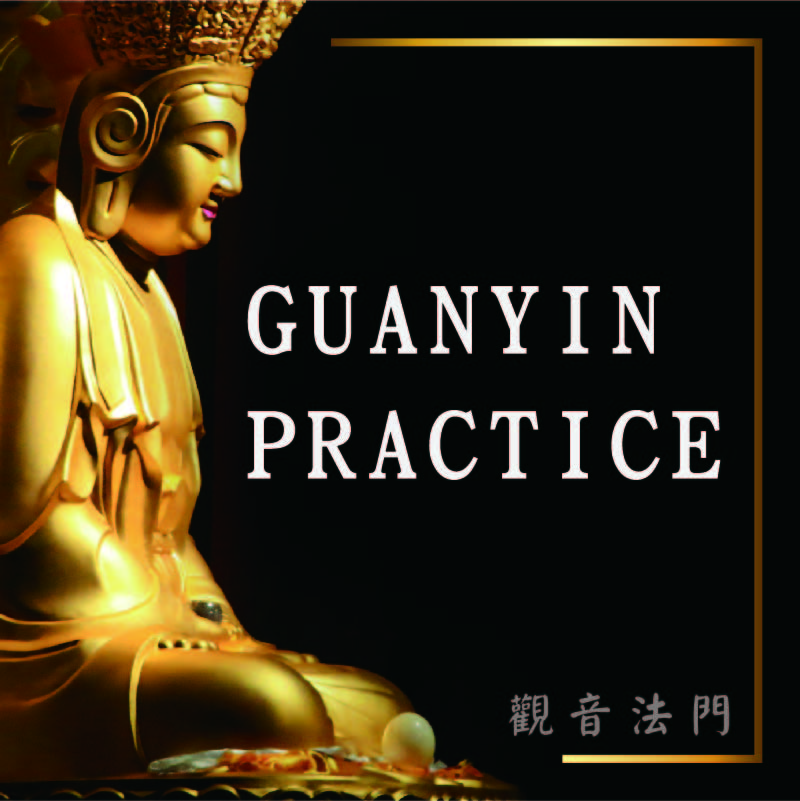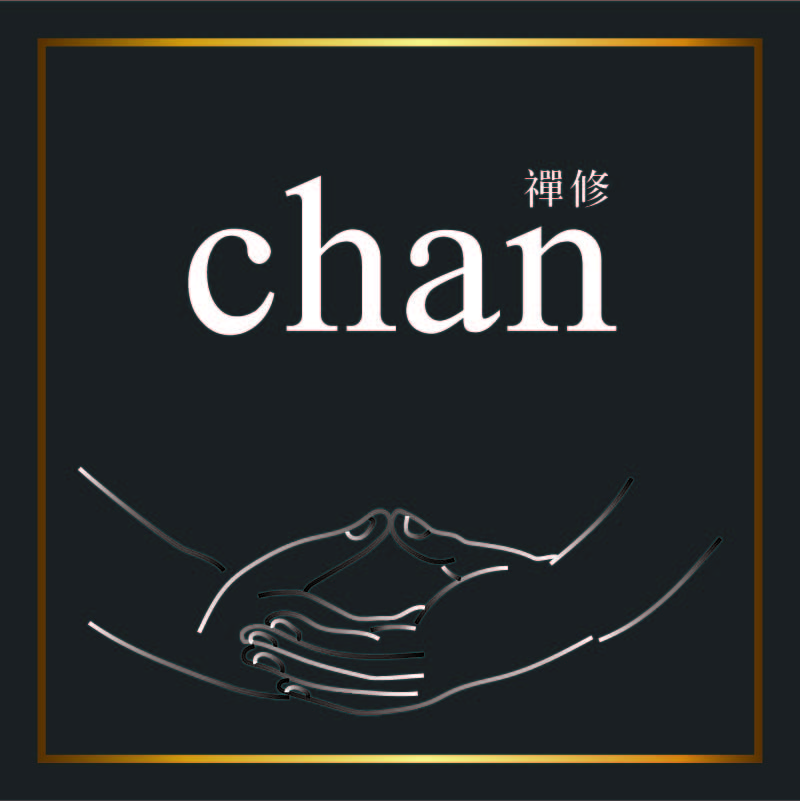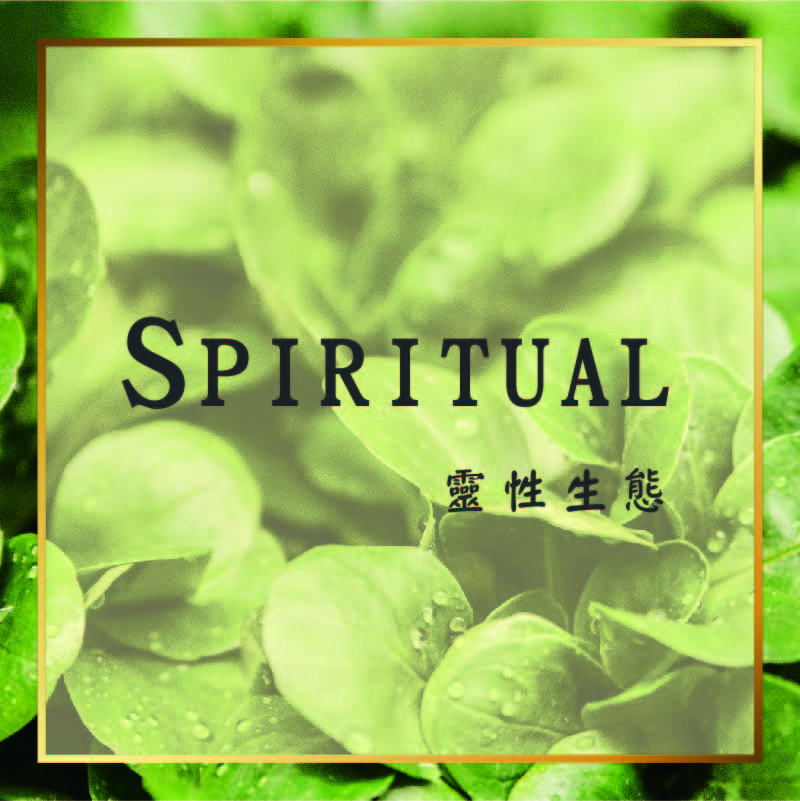
Universal Tea, Chan in Mind
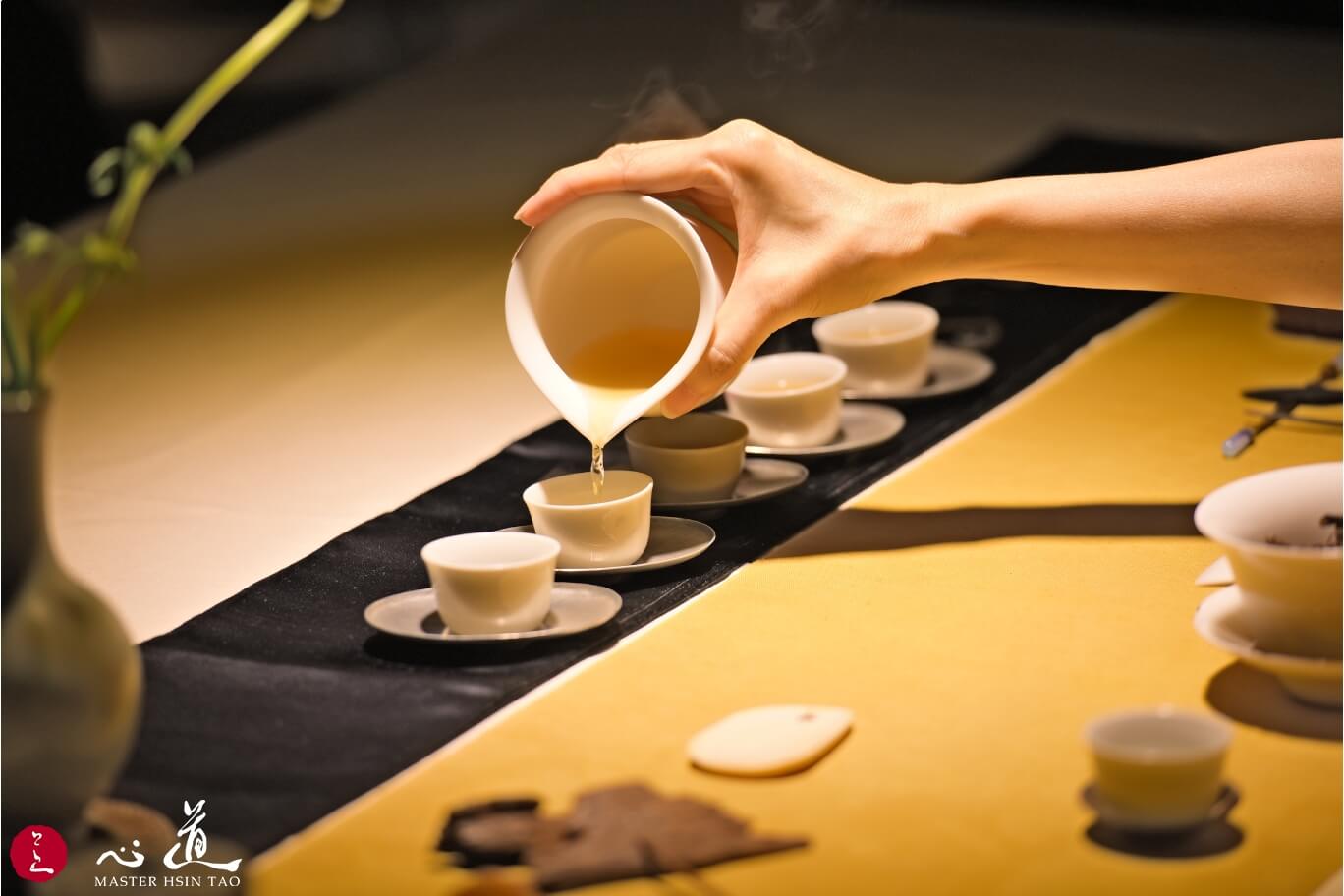 “Universal Tea” (Chinese transliteration: pu cha) originated from the Chan tea ceremony. “Universal” implies pervasiveness or the shared bliss upon receiving the Dharmic nectar. Tea drinking has been part of Chinese culture and a connecting point for interpersonal relations for a long time. Through "Universal Tea", people open up to each other and share their experiences with Chan practice and spirituality. Through dialogue, we can take a glimpse of the original face of luminosity and spirituality. This is a reminder to reflect on the truth of reality in daily life.
“Universal Tea” (Chinese transliteration: pu cha) originated from the Chan tea ceremony. “Universal” implies pervasiveness or the shared bliss upon receiving the Dharmic nectar. Tea drinking has been part of Chinese culture and a connecting point for interpersonal relations for a long time. Through "Universal Tea", people open up to each other and share their experiences with Chan practice and spirituality. Through dialogue, we can take a glimpse of the original face of luminosity and spirituality. This is a reminder to reflect on the truth of reality in daily life.
During the Universal Tea, we also arranged “qin (a seven-string instrument), qi (chess), shu (calligraphy), hua (painting),” four kinds of Chinese traditional arts into the program. They are not just art but a display of cultural spirit. We can meditate in shu and hua. As well, we can enjoy serenity in the sound of qin. These are methods that help to settle down our minds. Then, we can contemplate and practice Chan. As an old Chinese idiom goes, “wisdom arises from utmost serenity”. From the serenity of Chan, wisdom will spontaneously arise.
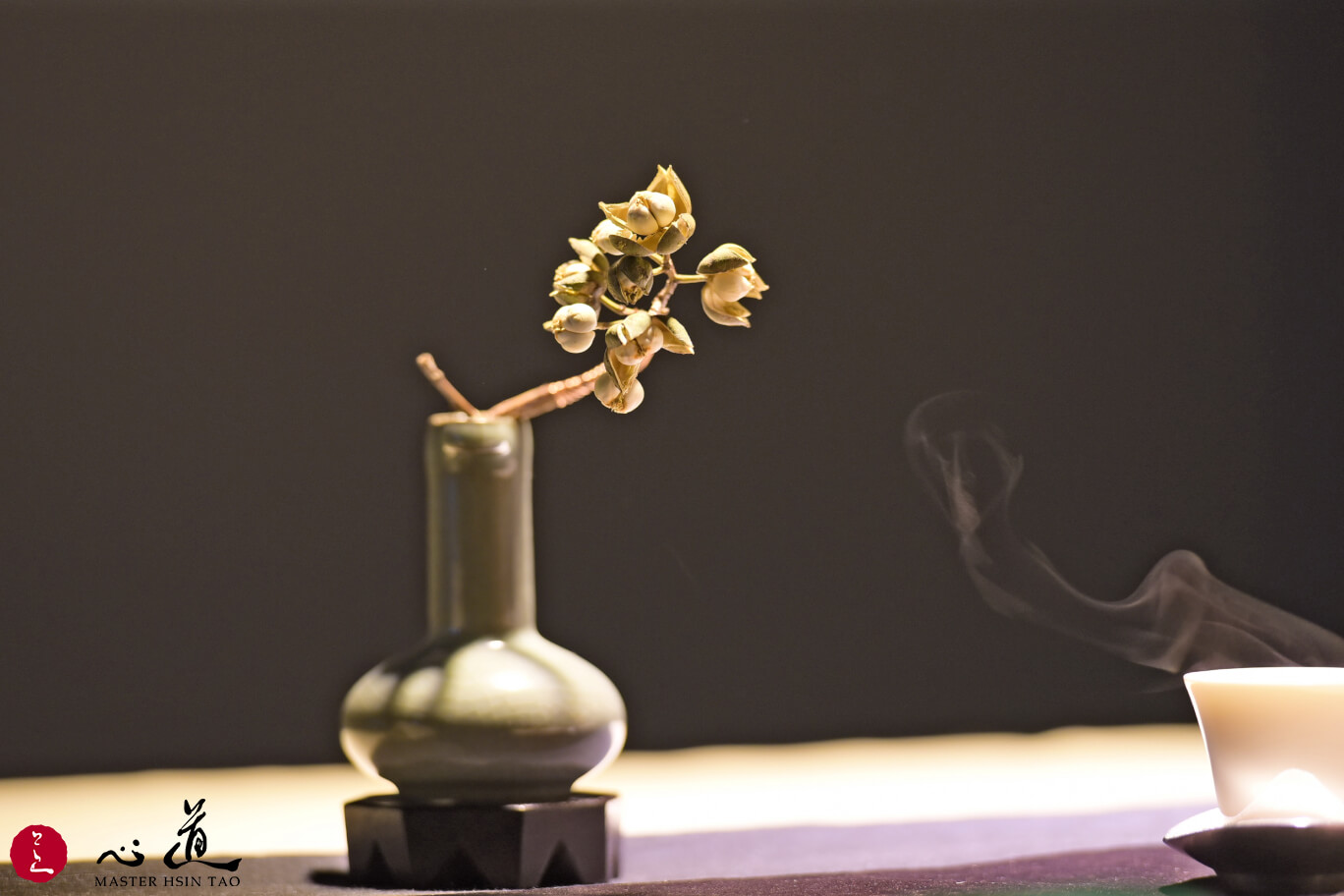 Chan is where the mind is. The mind is the master. Without the mind, nothing is left. It'd be a vain life. With the understanding of the mind, we would have a master-entity. It is important to have a proper value in life. Chan is all about the mind. Not only Buddhism, but many religions also emphasize on the importance of the mind. For non-Buddhists, they would also come closer to their spirituality by understanding their minds. All believers can take their dedication to a higher level for the Buddha, Gods, etc.
Chan is where the mind is. The mind is the master. Without the mind, nothing is left. It'd be a vain life. With the understanding of the mind, we would have a master-entity. It is important to have a proper value in life. Chan is all about the mind. Not only Buddhism, but many religions also emphasize on the importance of the mind. For non-Buddhists, they would also come closer to their spirituality by understanding their minds. All believers can take their dedication to a higher level for the Buddha, Gods, etc.
The mind has no boundaries. It is an entity of interdependency. Everyone being has the same primordial wisdom. Therefore, Chan practice is to uncover our minds and to regain our spirituality. We can find the balance between spirituality and the phenomenal world. We should regard all beings, including a piece of grass, woods, and so forth as lively beings. Beings are perceptible to feelings. We are dependent on one another. When we are calmed, we can get along with ourselves and others. Through Chan practice, we can discover a surprising sense of joy!


